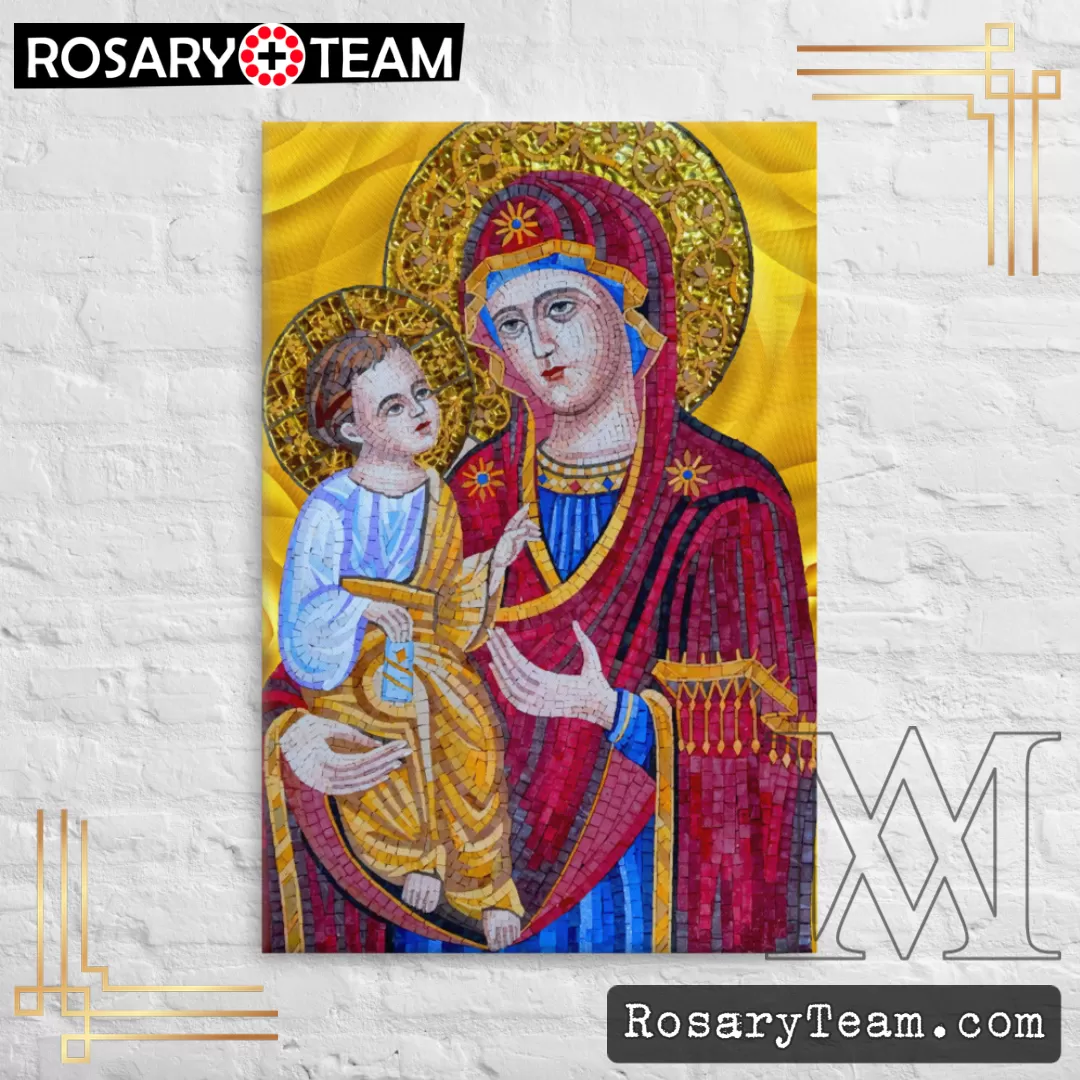Sunday, March 12 : Joseph Cardinal Ratzinger [Pope Benedict XVI]
![Sunday, March 12 : Joseph Cardinal Ratzinger [Pope Benedict XVI] Sunday, March 12 : Joseph Cardinal Ratzinger [Pope Benedict XVI]](https://rosary.team/wp-content/uploads/2021/08/RT-46.jpg)
When we meditate on this parable we should not forget the figure of the elder son. From one point of view it is no less important than that of his younger brother, so much so that we might even – and perhaps more accurately – speak of the parable of two brothers. But with its picture of two brothers the text situates itself at the heart of a long, biblical history beginning from the story of Cain and Abel, continued in the brothers Isaac and Ishmael, Jacob and Esau, and interpreted through various parables of Jesus. In Jesus’ preaching the image of two brothers above all reflects the problem of Israel and the pagan nations… When it finds out that the pagans are called without being subject to the obligations of the Law, Israel expresses its resentment: “Look, all these years I served you and not once did I disobey your orders”. With the words: “My son, you are here with me always; everything I have is yours”, God’s mercy invites Israel to enter in. But the significance of the elder brother has an even wider scope. In a certain sense he represents the pious man, all those who have remained with the Father without disobeying his commandments. When the sinner returns, jealousy awakes – the venom that, until then, remained hidden in the depth of their souls. Why this jealousy? It shows that many “pious” people, too, have a desire for the distant country and its attractions concealed within them. This jealousy reveals that these people have failed really to understand the beauty of our homeland, the happiness of “everything I have is yours”, the freedom of son and householder. Thus it appears that they, too, secretly desire the happiness of the distant country… In the end, they do not enter into the feast; in the end, they remain outside… The figure of the elder brother forces us to examine our consciences: it is a figure that allows us to understand the reinterpretation of the ten commandments in the Sermon on the Mount (Mt 5,27-28). Not just adultery outwardly but also inwardly is what distances us from God. We can remain in the house and leave it at the same time. This is the way in which we should also understand “abundance”, the structure of Christian justice: it is expressed by a “no” to jealousy and a “yes” to divine mercy.
maronite readings – rosary,team
















